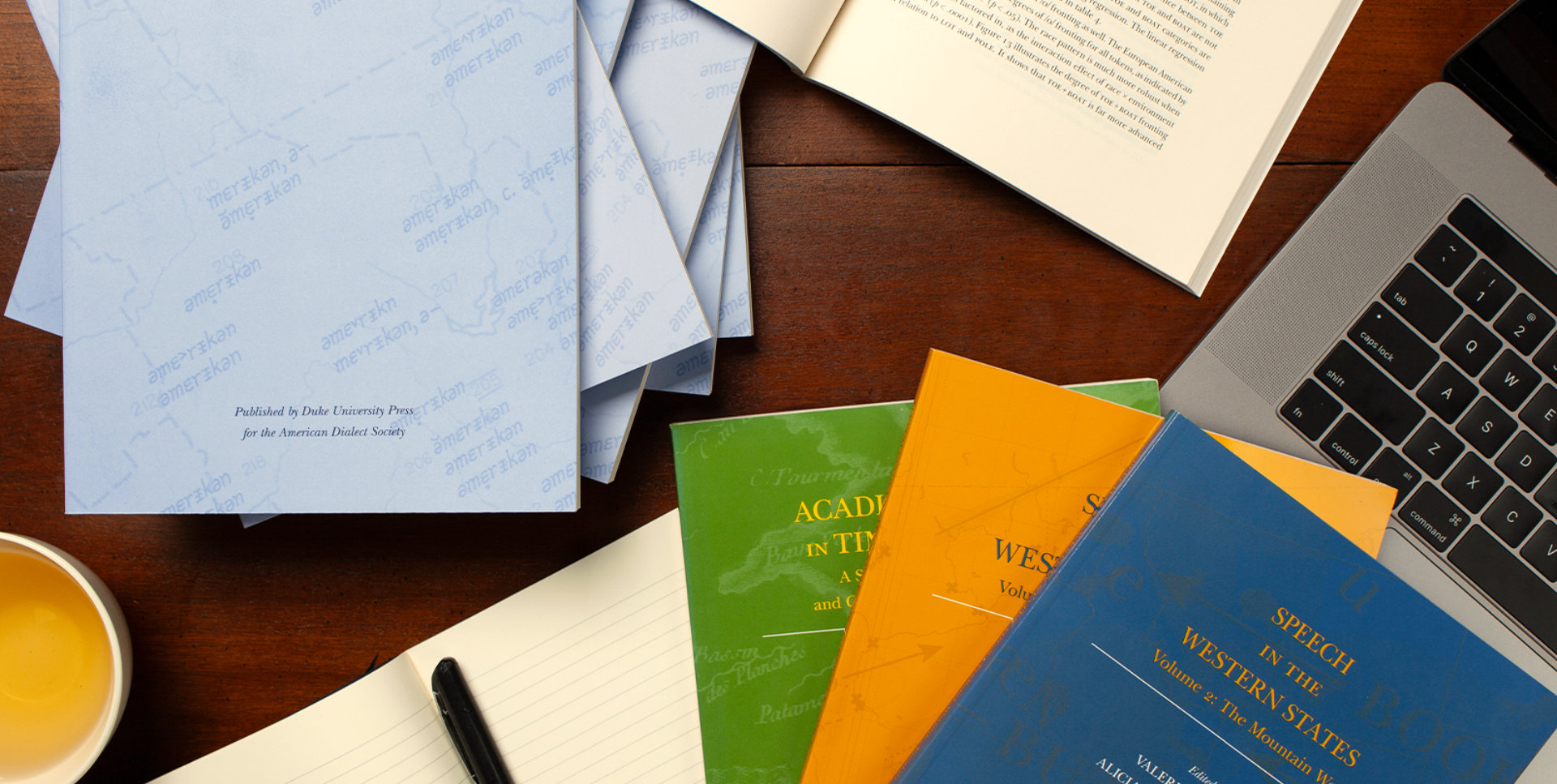GRAND AMERICA HOTEL, SALT LAKE CITY, UTAH—JAN. 5—In its 28th annual words of the year vote, the American Dialect Society voted for fake news as the Word of the Year for 2017. Defined in two ways, “disinformation or falsehoods presented as real news” and “actual news that is claimed to be untrue,” fake news was selected as best representing the public discourse and preoccupations of the past year.
Presiding at the Jan. 5 voting session were Grant Barrett, vice president of the American Dialect Society and co-host of the public radio show “A Way With Words,” and Jane Solomon, lexicographer for Dictionary.com and member of the American Dialect Society’s New Words Committee.
Fake news was first considered by the American Dialect Society a year ago in the voting for the 2016 Word of the Year, but at the time its meaning was restricted to fictional or embellished stories presented as authentic news, disseminated for financial gain or for propagandistic purposes. In 2017, however, the meaning of fake news shifted and expanded, in large part due to its repeated use by President Donald Trump.
“When President Trump latched on to fake news early in 2017, he often used it as a rhetorical bludgeon to disparage any news report that he happened to disagree with,” said Ben Zimmer, chair of the American Dialect Society’s New Words Committee and language columnist for the Wall Street Journal. “That obscured the earlier use of fake news for misinformation or disinformation spread online, as was seen on social media during the 2016 presidential campaign.”
“Trump’s version of fake news became a catchphrase among the president’s supporters, seeking to expose biases in mainstream media,” Zimmer continued. “But it also developed more ironic uses, and it spread to speakers of all ages as a sarcastic putdown.” Fake news was nominated by the sixth-grade class of Academy I Middle School in Jersey City, NJ, and voters at the Word of the Year event agreed with their choice.
Word of the Year is interpreted in its broader sense as “vocabulary item”—not just words but phrases. The words or phrases do not have to be brand-new, but they have to be newly prominent or notable in the past year.
The vote is the longest-running such vote anywhere, the only one not tied to commercial interests, and the word-of-the-year event up to which all others lead. It is fully informed by the members’ expertise in the study of words, but it is far from a solemn occasion.
Members in the 129-year-old organization include linguists, lexicographers, etymologists, grammarians, historians, researchers, writers, editors, students, and independent scholars. In conducting the vote, they act in fun and do not pretend to be officially inducting words into the English language. Instead, they are highlighting that language change is normal, ongoing, and entertaining.
In a companion vote, sibling organization the American Name Society voted “Rohingya” as Name of the Year for 2017 in its thirteenth annual name-of-the-year contest.
Read the full press release, including all winners, candidates, and vote tallies for all candidates.

